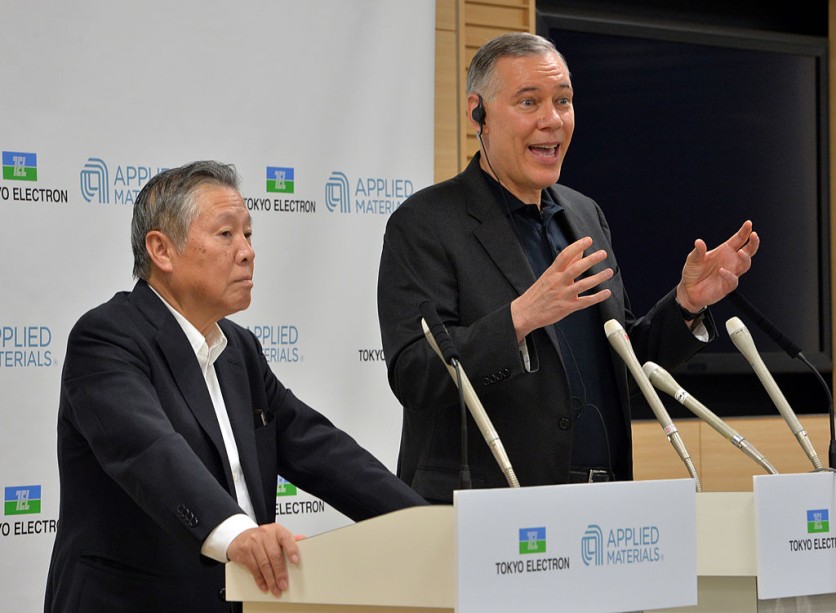The US sanctions on Chinese clients have a huge implication for their respective partners.
For instance, Tokyo Electron has considered slashing its outlook for the whole year following the decision of the memory makers to cut their spending amid restrictions.
The Japanese electronics corporation posted a global quarter-on-quarter revenue growth, yet its annual operating income plunged to 24% or 546 billion yen ($3.7 billion).
Tokyo Electron Won't Take Advantage of the US Restriction

According to a report by Bloomberg, the Tokyo-based company said that despite the restrictions imposed by the US on Chinese firms, it won't attempt to take advantage of them.
Per Tokyo Electron's GM of Finance Hiroshi Kawamoto, the company won't try to fill the hole that the US left with the Chinese customers.
The semiconductor firm appears to struggle to improve its revenue for the year. It only managed to earn a quarter of its revenue from its Chinese clients and international companies that have regional facilities.
Compared to the exports from last September, the quarterly exports in 2022 in the same month increased to over 20%.
With the US restrictions ongoing, the Chinese chip makers will be forced to limit their spending. Kawamoto said that this instance would result in the postponement of order deliveries.
US Continues to Restrict China From Operating in the Country
When the Biden administration announced that it would limit SMIC's access to the chip industry, the sources knew what was coming next to other minor chipmakers.
SMIC, being the largest semiconductor manufacturer in China, would bear the consequences of the sanctions. The proposal also includes limiting chip-making machines from China.
With the suspension of SMIC's operations, the firms which benefit from the Chinese chip makers will be affected, as well. Several industries, such as gaming, automobile, and more, are expected to feel the impact of the policy change.
Following this, the Biden administration looks forward to improving the overall chip sector in the country. As such, the government passed the Chips Act, aiming to promote US-made semiconductor materials.
Japanese Companies to Invest New New Japan-Backed Semiconductor Firm
In other news, Reuters reported that a new company supported by the government would target to produce the newest set of logic semiconductors.
The news outlet includes some Japanese firms such as Sony, SoftBank, Denso Corp., Toyota Motor Corp., Kioxia Holdings Corp., and Nippon Telegraph and Telephone Corp. (NTT) said that they would invest in this newly-established company.
In late 2022, the government of Japan will construct a new research center that will produce top-quality semiconductors. TV Tokyo confirms that the former Tokyo Electron President will spearhead this project.
This article is owned by Tech Times
Written by Joseph Henry
ⓒ 2026 TECHTIMES.com All rights reserved. Do not reproduce without permission.




